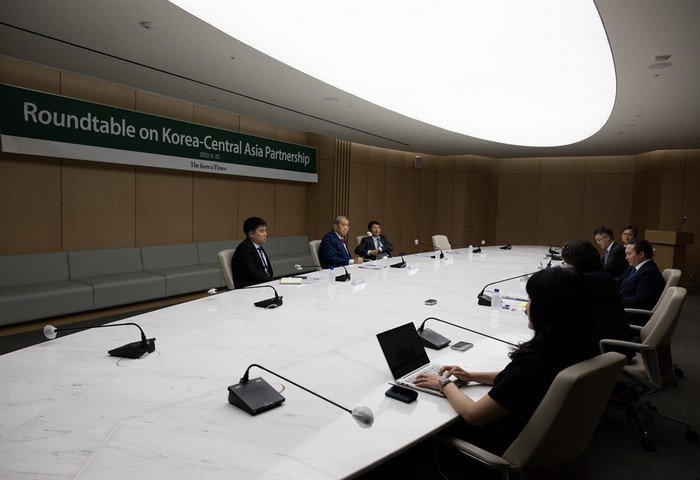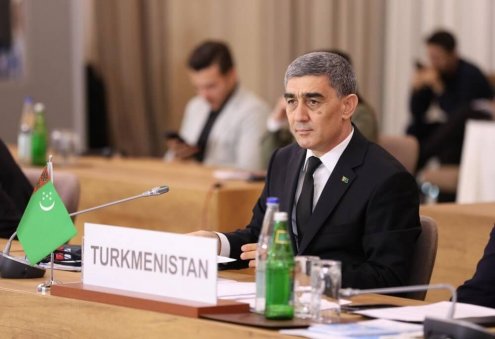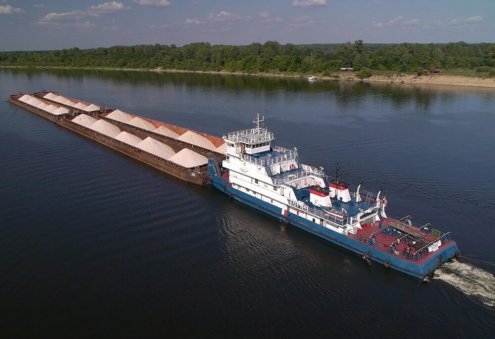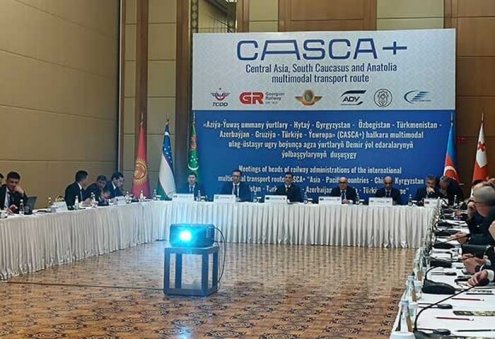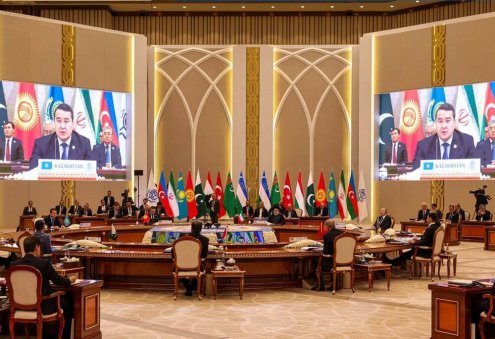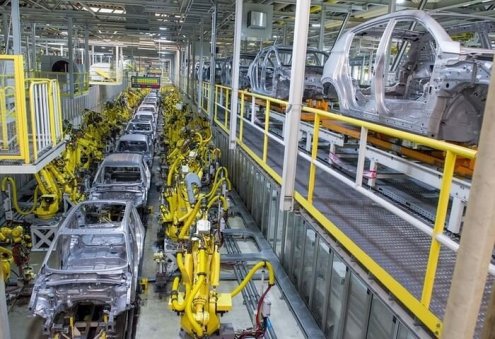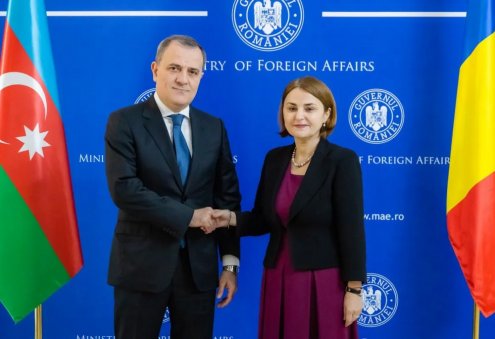As the campaign to host the World Expo 2030 in Busan, South Korea reaches its final stretch, the country is looking to use this opportunity to tackle global issues and strengthen alliances with Central Asia in particular. Countries such as Kazakhstan, Kyrgyzstan, Tajikistan, Turkmenistan, and Uzbekistan are known for their abundant resources, and youthful, skilled labor force, and are seen as crucial for Korea's future, as reported by The Korea Times newspaper on Monday.
The Korea Times convened a roundtable on Friday at the Korean Chamber of Commerce and Industry (KCCI) headquarters in Seoul, to discuss the potential for economic development, sustainability, and diplomatic relations between Korea and Central Asia. The roundtable was moderated by The Korea Times President-Publisher Oh Young-jin and featured SK Supex Council Vice President Park Hoon, KCCI Research Division Executive Director Kang Seog-gu, Ambassador of Uzbekistan to Korea Vitaliy Fen, Counselor at the Embassy of Kazakhstan Timur Jaikov and Attache at the Embassy of Kyrgyzstan Sanzhar Valibekov.
SK Supex Council Vice President Park discussed the importance of Central Asia as a partner to South Korea, noting how the combination of Central Asia's resources and Korea's technology and capital can create a strong synergy. Park mentioned that SK has worked on various projects in Central Asia, such as copper mining and highway construction.
SK executive noted that there are other areas for collaboration, such as reforestation projects in response to desertification and infrastructure and smart city initiatives in new cities.
KCCI Research Division Executive Director Kang agreed that Central Asia is important for South Korea's future due to its resources, trade potential, and opportunities for mutual growth.
"In the process of transformation to a net-zero economy, Central Asia can supplement Korea's resource limitations and help navigate through the ever-changing trade environment. Recognizing Korea's technological and manufacturing expertise, I see an opportunity for mutual growth if Korea's advanced technology and manufacturing skills are combined with Central Asia's resources," Kang said.
Central Asian diplomats highlighted the need for consistent investment from Korea in diverse fields, capitalizing on natural resources.

